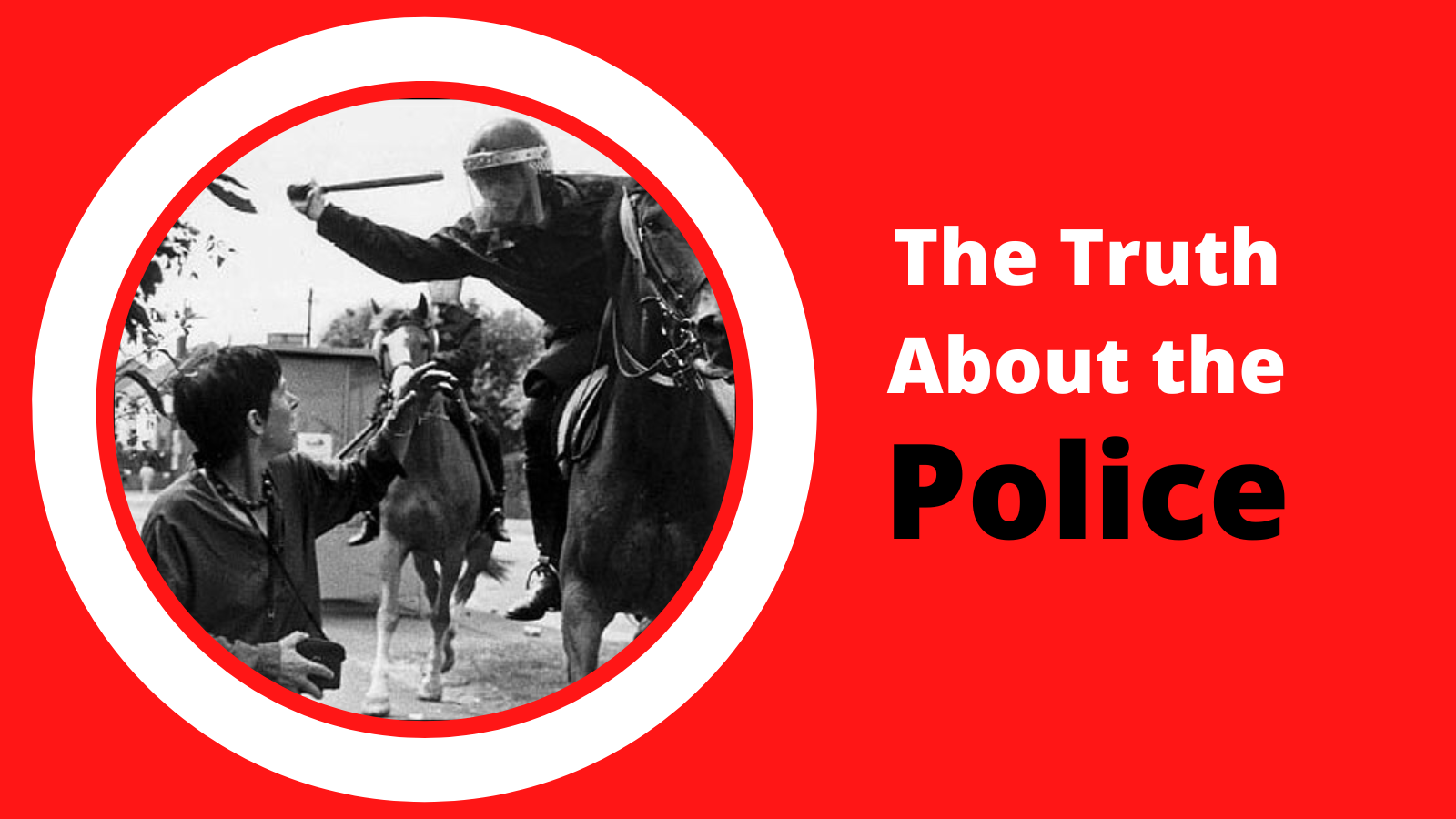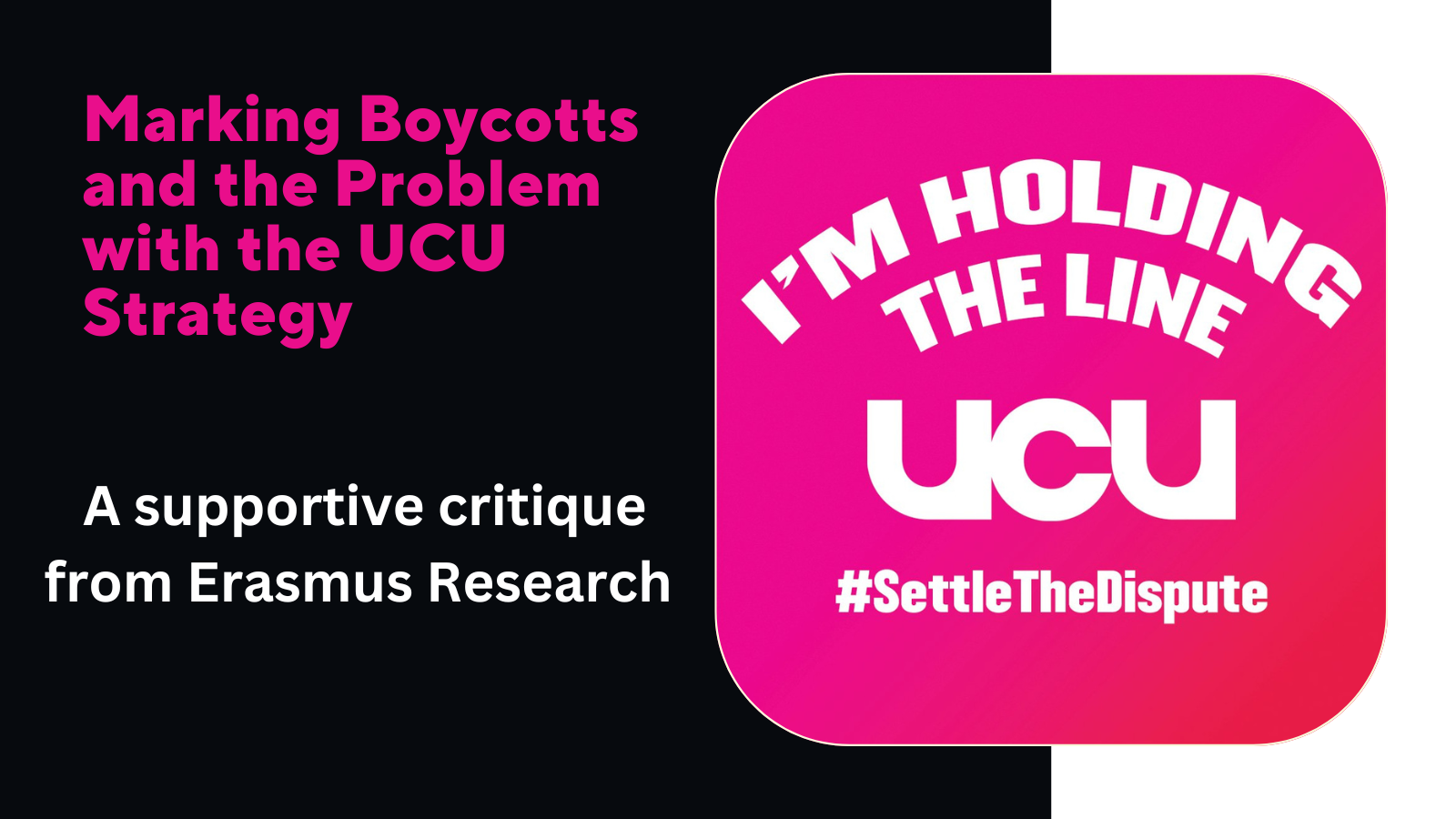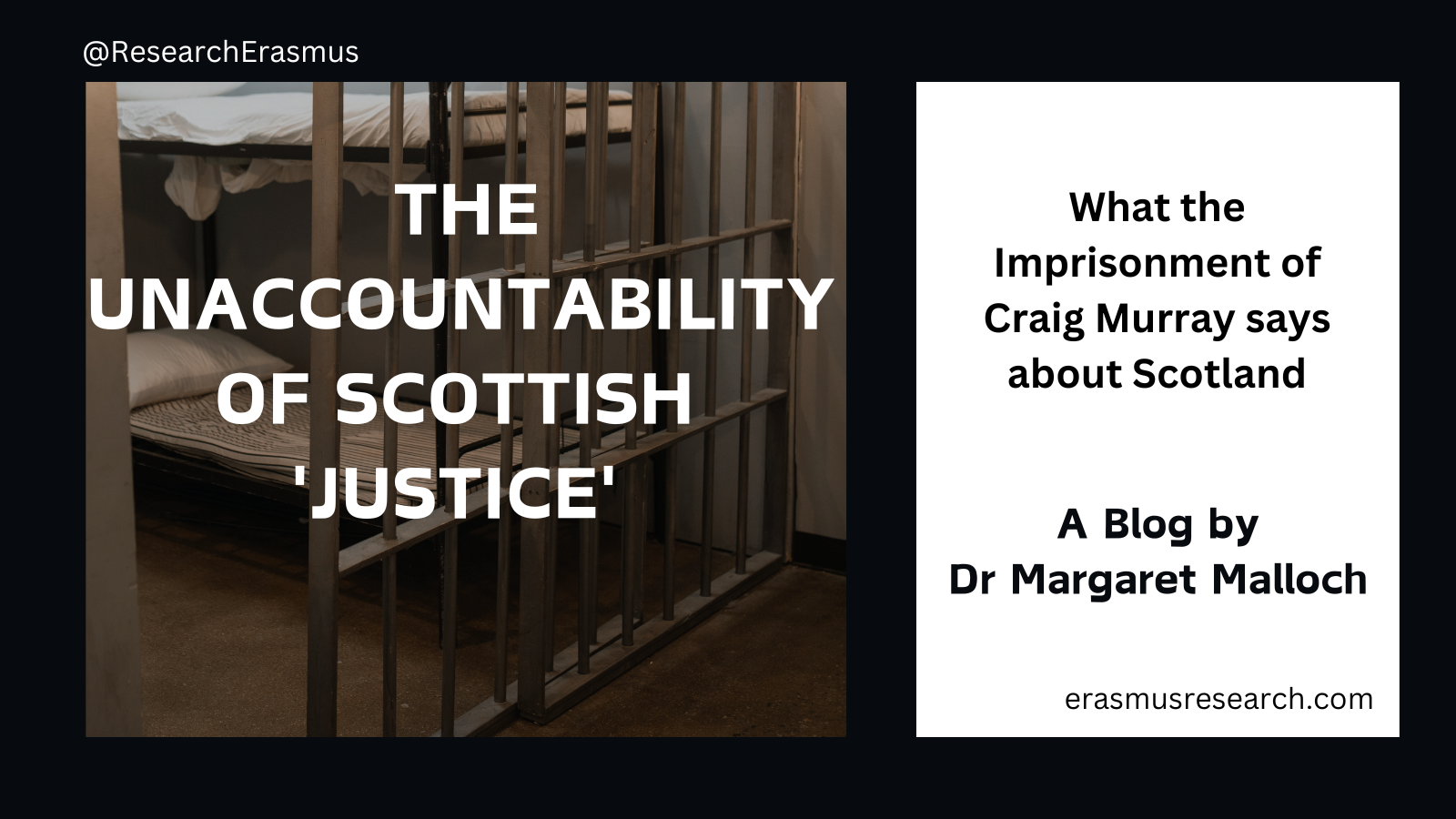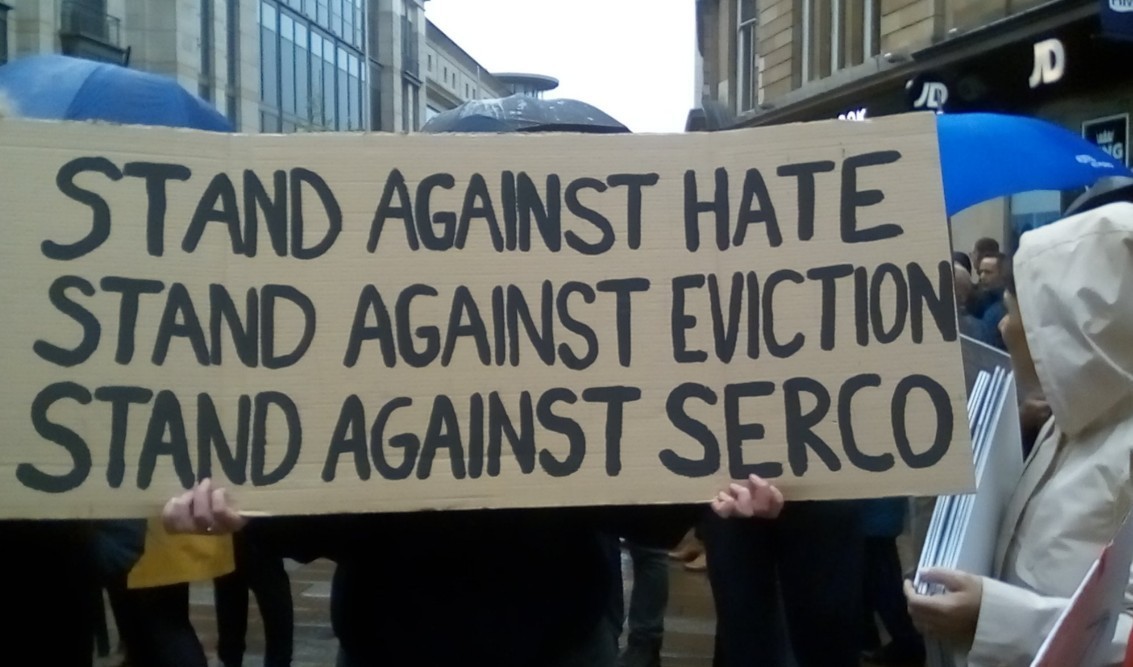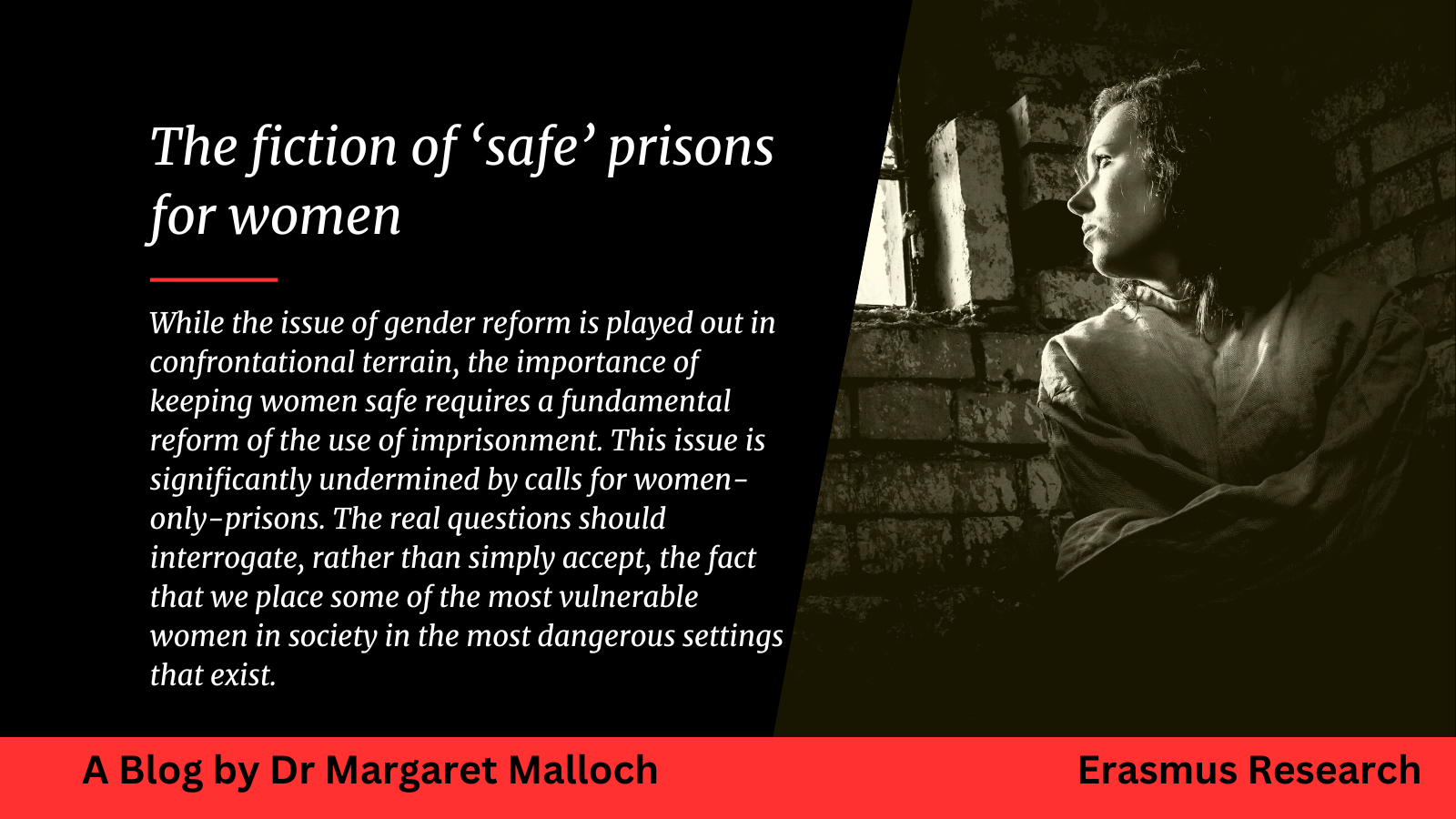Book Review
Building Multispecies Resistance to Oppression (Peter Lang 2024), followed the ground-breaking Vegan Entanglements; dismantling racial and carceral capitalism (Lantern Publishing 2022). Both collections, edited by the inspirational and indefatigable Zane McNeill, combine leading-edge theory and praxis, emerging from animal rights and animal advocacy work, in both the US, the UK and beyond.
It is ‘leading-edge’ because the book not only illuminates the intersections of seemingly disconnected phenomena such as forms of oppression and the movements that arise to resist them; it also provides a range of radical ideas for us to disrupt and dismantle the systems of oppression that harm human and nonhuman animals.
Utilising Mbembe’s concept of Necropolitics, Malek Muller captures the shared experience of human and non-human animals in the meat and dairy industries, highlighting the extent to which they are both made killable within necro-political facilities such as slaughterhouses, meat-packing plants and industrial farms. The first section of the book unfurls the entanglements of class, race, labour, and resistance in the animal agriculture sector. As Catharine Oliver notes, the lives and deaths of animals in intensive farms and slaughterhouses are inseparable from the lives and deaths of human workers in these dangerous and deadly spaces. The insightful chapters in the first section set the scene for the developments that follow, particularly in relation to the intersectionalities between non-human animals, exploited workers, and activists involved in the Animal Advocacy Non-profit Sector.
Following on from the anti-carceral themes central to Vegan Entanglements, Building Multispecies Resistance hammers home the utter futility of trying to separate-out the enmeshed forms of oppression that engulf human and non-human animals. The chapters in the second section of the book, view the Animal Advocacy Non-Profit Sector, (AANS) through the lens of its tendency to uphold racial and carceral capitalism, by seeking judicial remedies to issues of animal cruelty in these necro-political facilities. By drawing parallels with racial capitalism, ableism and speciesism, the book shows that we simply cannot make the demand for non-human animals to be freed from cages if human animals continue to be locked up. This is the very essence of anti-carceral veganism.
Enmeshed in this praxis is the vital call for animal rights advocates to desist from their pursuit of carceral solutions to the perceived problem of what is the exploitation of poor, migrant and disabled workers; forced, through a lack of viable alternatives, to seek employment in the meat industry. By seeking to drag through the courts, Black, Brown, Indigenous, People of Colour (BBIPOC), who are already traumatised and exploited by racial and carceral capitalism, these intersectionally disadvantaged groups are harmed in ways that not only legitimate the prison and immigration industrial complexes, but ignore both the ongoing exploitation within the meat and dairy industry, as well as the plight of the non-human animals who suffer the most.
The book’s criticism of the Animal Advocacy Non-profit Sector (AANS) does not stop here. The contributions of those who have lived-experience working in AANS exposes the myriad ways in which the sector uncritically adopts the managerialist practices of the standard business model, including the exploitation of workers, and erosion of worker’s rights. This also leads ultimately to the dilution of the very radicalism that drew people to the sector in the first place. Young activists have been preyed on by movement leaders, racist and misogynistic practices have evolved, and trade union membership is almost universally denied to those working in AANS. This level of critique of AANS is reminiscent of the brilliant book Abolition Revolution by Day and McBean (Pluto Press, 2022) in which senior positions within women’s advocacy groups in the UK are appropriated by an over representation of white, bourgeoise, carceral feminists.
The third section of McNeill’s edited collection, “Moving Towards Multispecies Liberation,” offers some practical solutions to overcoming the inherent political weaknesses of the non-profit-sector-as-promoter of neoliberal capitalist culture, pillar of patriarchy, and white supremacist enabler.
In the chapter Abolishing the Meat Industry, Hailey Huget suggests that in light of the failures of the wider animal rights movement we need to learn the valuable lessons from other successful campaigns such as the civil rights struggle, the anti-war movement, and Black Lives Matter. The Animal advocacy and animal rights movement, it is argued, must significantly expand its entry points in order to grow participation, form useful alliances with other struggles and find common ground with similar causes that are more tightly enmeshed with AANS than many people realise. One of the first ‘barriers’ that should be removed is the evangelical demand that activists must all be vegans. Although veganism is the ultimate objective and arguably the only sustainable one for the planet and its human/ non-human animal inhabitants, demanding that it becomes the minimum entry point, is far too limiting to achieve the much wider goals required to make significant and lasting change. The suggestion proffered is a campaign to ‘abolish the meat industry’, a call that immediately draws support from a whole range of progressive groups and radicals. It is by moving from the narrow and limiting potential of a single-issue cause, to a national movement, that will support us in our quest to disentangle all hierarchies of oppression. This must be the aim of the movement, total liberation from all forms of oppression, for all human and non-human animals.

This must-read book is both a critique and a guidebook for activists. I would thoroughly recommend it to an entire range of activists. Whether you are fighting for worker’s rights, women’s rights, trans rights or, animal rights, the rhizomatic structures and entangled hierarchies of oppression affect us all.
Racial and carceral capitalism seeks to pit exploited groups against each other. We must unite and we must act. How do we go about achieving total liberation? In their Concluding Thoughts’ Nathan Poirier makes it patently clear what kind of action we must take. “We must voice dissent, strike, unionise, sabotage our employers (and others), loot and steal privately and collectively, deface property, work slower, disseminate “private”, “classified”, and “copyrighted” material, and burn office buildings and corporate headquarters down.”
Sounds like a plan. I for one am looking forward to it.


